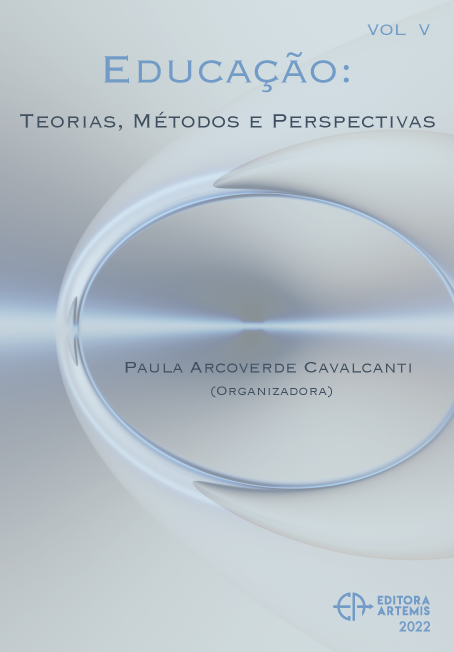
POLÍTICA PÚBLICA PARA GARANTIZAR EL ACCESO A LA EDUCACIÓN SUPERIOR DE PUEBLOS INDÍGENAS A TRAVÉS DE LOS DERECHOS DIFERENCIADOS
Actualmente, los asuntos que conciernen al tema de la educación para los pueblos indígenas de zonas rurales de nivel superior, que garanticen fácticamente el ingreso y permanencia de todos los sectores de la población, es un tema pendiente en las agendas de los gobiernos, sobre todo cuando nuestro referente son grupos vulnerables, como el caso de los grupos y pueblos indígenas. Las políticas públicas al ser el brazo ejecutor del Estado para lograr sociedades democráticas e incluyentes, son las responsables de garantizar la inclusión educativa de quienes se encuentran excluidos de las instituciones de educación Superior. La atención y cobertura de los servicios educativos de nivel superior, recién ha entrado en la agenda de la Normatividad de Escolarización Obligatoria el Estado Mexicano (NEOEM) sin embargo, se da en un marco general, por lo que, las personas que integran los grupos indígenas, se encuentran en una posición de desventaja al no asegurar el acceso y permanencia a la Educación Superior. Una manera de garantizar la educación superior para los pueblos indígenas, será a través de la implementación de derechos diferenciados dentro de un esquema de políticas públicas socioeducativas
POLÍTICA PÚBLICA PARA GARANTIZAR EL ACCESO A LA EDUCACIÓN SUPERIOR DE PUEBLOS INDÍGENAS A TRAVÉS DE LOS DERECHOS DIFERENCIADOS
-
DOI: 10.37572/EdArt_27052255221
-
Palavras-chave: Educación, Inclusión educativa, derechos diferenciados.
-
Keywords: Education, educational inclusion, differentiated rights
-
Abstract:
Currently, the issues that concern the issue of higher education for indigenous people in rural areas, which factually guarantee the entry and permanence of all sectors of the population, is a pending issue on the public agendas, especially when our referent are vulnerable groups, as in the case of indigenous people and groups. Public policies, being the executing arm of the State to achieve democratic and inclusive societies, are responsible for guaranteeing the educational inclusion of those who are excluded from higher education institutions. The attention and coverage of higher education services has recently entered the agenda of the Mandatory Schooling Regulations of the Mexican State (NEOEM by its acronym in Spanish), however, it occurs in a general framework, so that people who make up the groups indigenous, are in a disadvantaged position by not ensuring access and permanence in higher education. One way to guarantee higher education for indigenous people will be through the implementation of differentiated rights within a scheme of socio-educational public policies.
-
Número de páginas: 10
- Agustina Ortiz Soriano
- Francisco Javier Lira Mendoza

